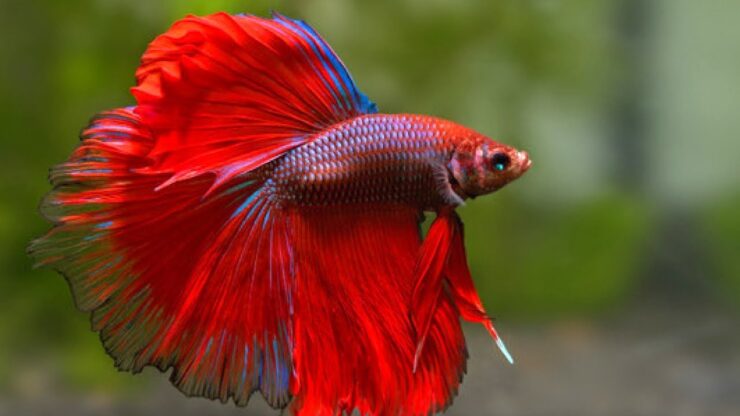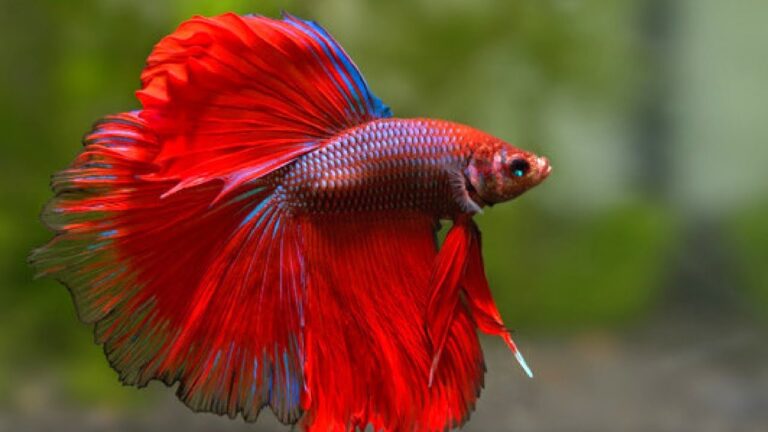Consider this – you just took your beloved dog for a lovely stroll in the park. Soon enough, your pet begins to enjoy the outdoors, racing across the play area, fetching objects, and chasing dragonflies. Suddenly, they pause for a quick back scratch.
Would you be alarmed? Probably not because it is normal for a dog’s skin to itch from time to time. Even we humans experience intermittent itching due to environmental irritants, skin dryness, etc. Itching can even be an immune response to foreign threats seeking to invade the body.
However, there is a fine line between normal scratches and a deeper underlying problem. Pet parents must be on the lookout for any skin-related issues.
If you have observed that your pooch is more restless and itchy than normal, it’s time to look closer. In this article, we will discuss the possible causes and treatments for itchiness among dogs.
Signs of an Itchy Dog (Besides the Itch!)

First things first – an itchy dog will appear as if their skin is on fire. They may not be able to control their urge to scratch, lick, and claw at the itchy area. You may even notice the problem of night scratching.
Besides the excessive itchiness, there will be other signs present depending on the cause behind the problem. Let’s look at those signs. Keep in mind that the purpose here is to understand what’s normal and what’s not. If you find the following, consider them your sign to consult with your pet’s veterinarian.
- Brown fur that appears to be stained
- A visible rash, usually swollen and red
- Higher-than-normal hair shedding
- Bald patches
- Constant urge to chew the paws
- Nibbling and biting of the affected area
- Greasy or flaky skin that produces an odd odor
Common Causes of Itchy Skin in Dogs

Now that we’ve discussed the most common symptoms of an itchy dog, let’s look at the possible causes behind this problem. The American Kennel Club records that one of Dr. John C. Angus’ veterinarian residents provided a list of 43 possible reasons behind an itchy dog.
Thankfully, we do not need to go through every one of them. This is because almost 95% of all cases fall within one of the following categories. In other words, the below-mentioned reasons are the most common for itchiness among pooches.
Food Allergies

Every dog requires balanced nutrition for a happy and active life. Sometimes, the dog may experience adverse reactions to certain food items. In such cases, the pooch will develop a food allergy.
Essentially, this problem is one where the dog’s body is overreacting to a food substance that they may normally tolerate. The items most commonly associated with food sensitivities among dogs include soy, wheat gluten, chicken, beef, and dairy.
Food allergies are quite rare, affecting 0.2% of the dog population. However, they can easily impact your pet’s quality of life if not addressed.
Atopy

Short for atopic dermatitis, atopy is a chronic skin condition in dogs that can lead to excessive itching. It is usually caused due to irritants present in the environment. The dog’s skin barrier against environmental irritants is said to be defective if atopy is the reason behind itchiness.
According to the Cornell University College of Veterinary Medicine, atopic dermatitis affects 10 to 15% of the total dog population. In certain breeds, a genetic component may be predisposed to developing atopy. The typical allergens causing this condition include pollens, dust mites, and mold.
Parasite Hypersensitivity

Some dogs may suffer from a skin condition called parasitic dermatitis. Here, the pet’s coat is infested with parasites, including fleas, lice, and ticks. The dog’s skin barrier is its first line of defense against parasites.
If this is found to be the reason behind their itchiness, the barrier has been affected. Common signs of parasitic dermatitis (besides itchiness) include dry coat, pimples and bumps, scaly fur appearance, and restlessness.
Yeast or Bacterial Infections

These are specific kinds of skin infections among dogs. Yeast infection is also known as yeast dermatitis. It can cause extreme itchiness, redness, and irritation in the affected area or patch.
Other signs include musty odor, hair loss, greasy skin, and changes in skin color. Yeast infection is usually found in a dog’s ears, skin folds, and between their paw pads. Bacterial infections occur when harmful bacteria find their way into the dog’s body through an open cut or wound.
This condition can affect the dog’s eyes, ears, respiratory system, mouth, and nose. Besides itchiness, the dog may experience pus-filled lesions, Kennel cough, watery eyes, and a loss of balance (if ears are affected).
Remedies That Can Provide Relief

When a dog experiences dermatological issues, it can be tempting to reach out for over-the-counter remedies and treatments. However, they may make the adverse reactions worse.
Your first line of action should be to consult with your pet’s veterinarian. They will likely prescribe the following remedies for relief.
A Change of Diet
If food and environmental sensitivities are found to be the cause of your dog’s itchiness, their veterinarian may prescribe a change of diet. An example would be Hill’s Derm Complete Dog Food. It is exclusively formulated for skin-related issues caused due to irritants found in food or the environment.
It is a dry dog food that strengthens the skin barrier for better protection against allergens. According to PetCareRx, headshaking, licking, and biting issues may be reduced in as little as 28 days. Keep in mind that the duration and frequency of the food will depend on the vet’s prescription.
Certain Shampoos and Oils
Your pet’s vet may also recommend itch-relief shampoos or coconut oil for temporary respite. These treatments may be used if the root cause has not yet been discovered. It is crucial to get to the heart of the matter for a permanent cure. As for the brand, use only the ones prescribed by the veterinarian.
Antihistamines or Glucocorticoids
If the vet sees it fit, they may put your dog on a class of drugs known as antihistamines. They are even used to treat allergy symptoms in humans. However, their efficacy is highly variable. A vet will only recommend if antihistamines may really help your dog’s unique condition.
Glucocorticoids, on the other hand, are considered to be the most effective drugs against itchiness and allergies. They are anti-inflammatory steroids that reduce adverse reactions and fortify the skin barrier.
These may help to effectively manage the itching but there could be side effects in the form of excessive urination, thirst, and hunger. Just discuss this with the vet before you proceed.
As a preventative measure, consider bathing your dog with an oatmeal or aloe-based shampoo once a week. You can even limit this practice to the allergy seasons.
Do not use anything with artificial fragrances since they will irritate your dog’s skin. Take them for regular vet visits so that any potential issue is identified at the earliest.












